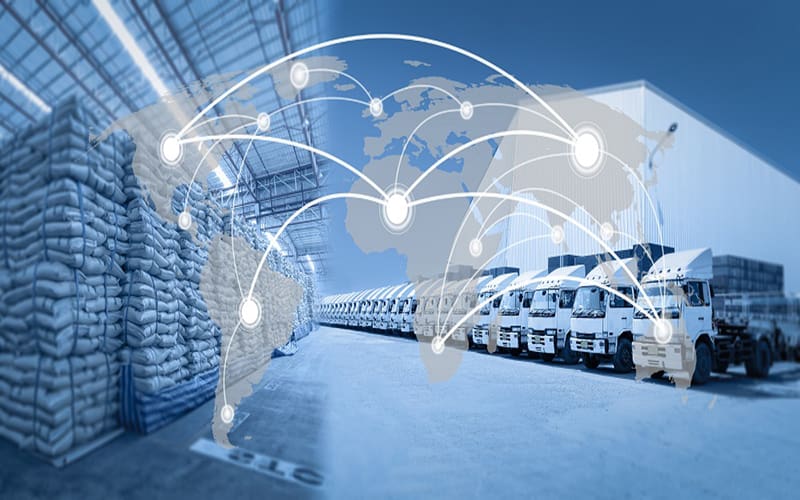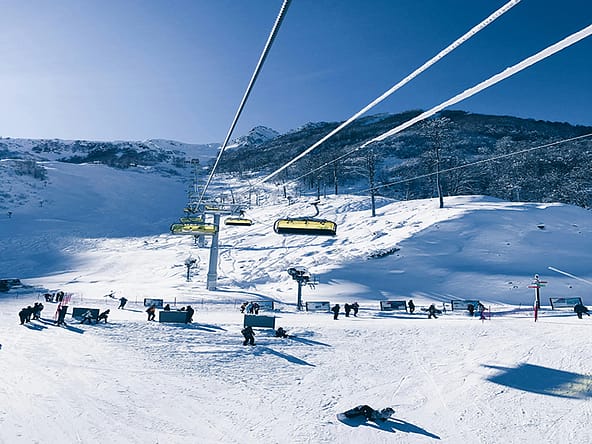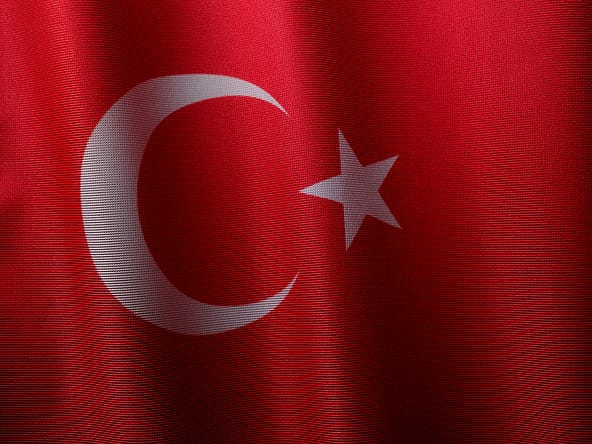Over the last few weeks the likes of Ikea, Polish Fashion Retailer LPP, Belgian Packaging Firm DW Reusables and the German Pharmaceutical company of Boehringer Ingelheim have all released statements confirming that they will be investing in Turkey, and moving some of their production to Turkish based factories in order to minimise the pressure on global supply chains, and take advantage of lower shipping costs.
A highly beneficial alternative to China, Turkey can offer a much higher quality product, has a profitable investment environment and has a more cost-effective manufacturing process. Certainly from a Polish perspective, chemical materials used in automotive and construction are at the forefront of the fields that Polish companies are interested in investing in, plus there’s a logistics infrastructure to consider too, with the new Turkish-Polish railway opening soon. Medical equipment and cosmetics are also high on the list, with Polish investors all too aware of the rapid progress that Turkey is making in those fields.
Poland Turkey Chamber of Commerce Representative Koray Akgülo?lu stated that ‘High-quality local Polish brands are already trading with Turkish partners, therefore the next logical step is to invest because the market in Turkey is twice as large as in Poland’. On the relationship with the LPP Retailer he also stated ‘They already have long-time relations with Turkish manufacturers and there is a strong supply network here. They want to use Turkey as a bridge to reach tourists from other countries and have access to other markets such as the Middle East and Africa’.
The Covid Global pandemic pretty much bought supply chains to a standstill, and many countries are still facing a huge issue which has caused an ideal situation for companies to re-assess their own supply chains and look for suitable alternatives rather than purely relying on Shipping Lines from China. DW Reusables have done just that, and they have now made direct investments in Turkey by purchasing Etap Plastik and Etap Do?an, after recognising the country’s experience in the plastic-based product sector, rapid reaction and management skills of Turkish companies, a high quality workforce and high compliance with EU standards.
Kadir Kurtulu who is the chairperson of the board of directors of the Russian Turkish Trade House, also noted that there are plenty of advantages to investors given that Turkey offers a safe and independent route for transporting energy resources to EU countries, and provides a cost advantage in terms of freight. Russia is also one of those countries heavily invested in Turkey, with over 2000 companies operating in Turkey with Russian backing.





